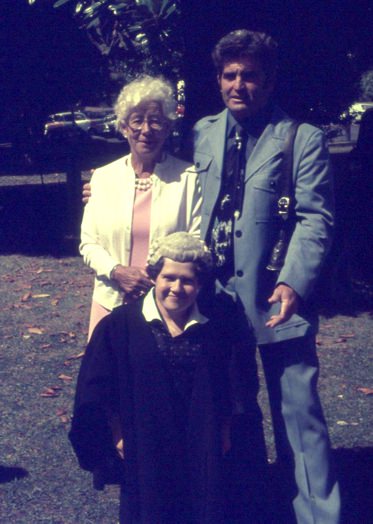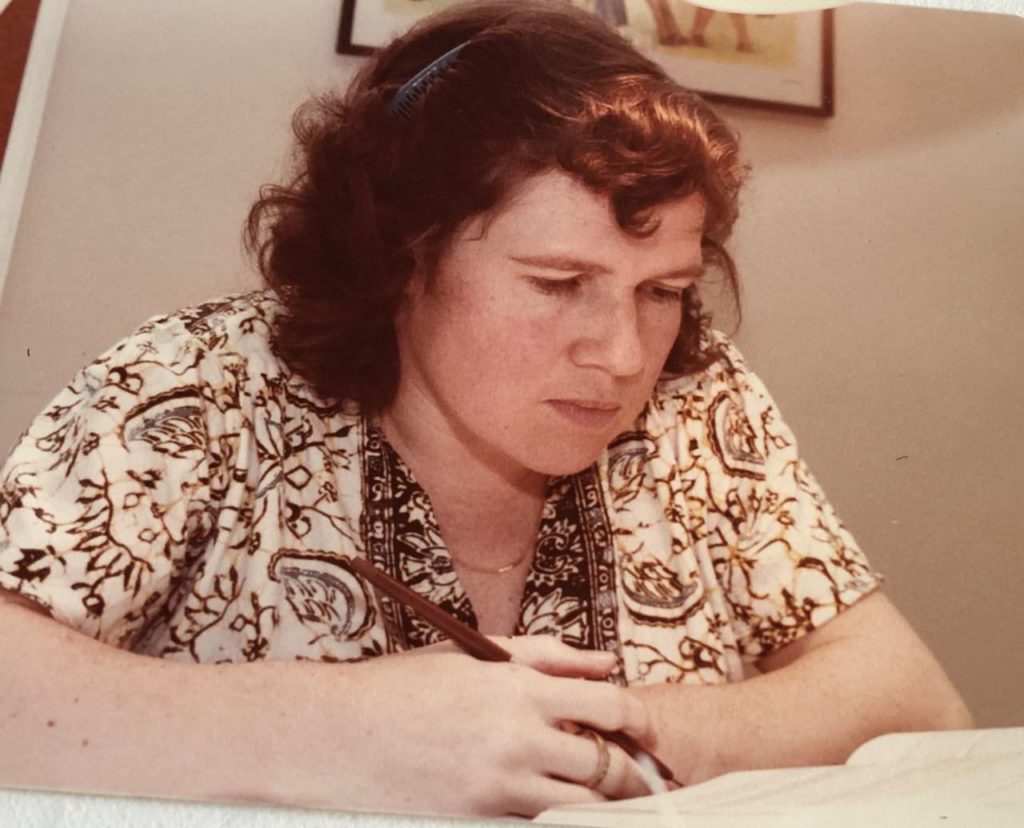
My presence in a bar has been challenged more than once, but exchange the bouncer for the bailiff and you’ll find me unchallenged at the bar of the local court. Eligibility for this bar is based on a certificate of admission to the High Court of New Zealand not a certificate of birth.
On the first day of February 1977, the order of admission was made by the presiding judge. Indeed, the day actually carried an air of fantasy. It began with a parallel to “Goldilocks and the Three Bears.” I felt like big daddy bear robbed of chair, porridge, and bed. When I came to sign the Roll of Barristers and Solicitors, somebody had signed on the line reserved for my name.
Want to subscribe to receive blog updates sign up today?
In all the excitement, one of my peers had signed her name in my space. There was nowhere for me to sign.
The story took a different turn when the Deputy Registrar stepped into the picture. As though a fairy godmother waving her wand, she took out an eraser and removed all traces of the error. With it she also wiped out any suggestions of fantasy. In reality, I was standing there at age 23 ready to enter my name on the roll and to begin my career as a Barrister and Solicitor in law.
Note: In 1977 it was customary for New Zealanders to qualify as an attorney at about age 23, as students entered the four-year law degree program at age 18, without being required to complete an undergraduate degree. However, a first year of general studies, known as pre-law, had to be successfully completed before a decision as to law school admission was made. A fifth year of part time study, while working as a clerk in a law office, was spent qualifying for admission to the bar.
I stood with pride alongside my fellow classmates also taking the oath of admission. As predicted, only half of those who began the five-year law program stood with us on this day. We were at the end of a long road and were finally entitled to speak before the court.
The occasion called for traditional dress—a white horse hair wig and an expensively pleated heavy black legal robe. I couldn’t help thinking how much we all looked like over-dressed penguins, but the apparel was a prerequisite to appearance and the right to speak as counsel in court. It was no time to voice objections. Instead we all robed meekly and took the oath put to us. We hoped other people understood that appearances aren’t the most important thing in the world.
That hope was put to a severe test when I discovered that prospective employers were very interested in appearances. This post is excerpted from Chapter 3, At the Bar, in “Dwarfs Don’t Live in Doll Houses,” the first book in my dwarfism memoir trilogy covering my first quarter century. Click on the link to read what others say about the book and find out where to get your copy: https://angelamuirvanetten.com/dwarfs-dont-live-in-doll-houses/.

